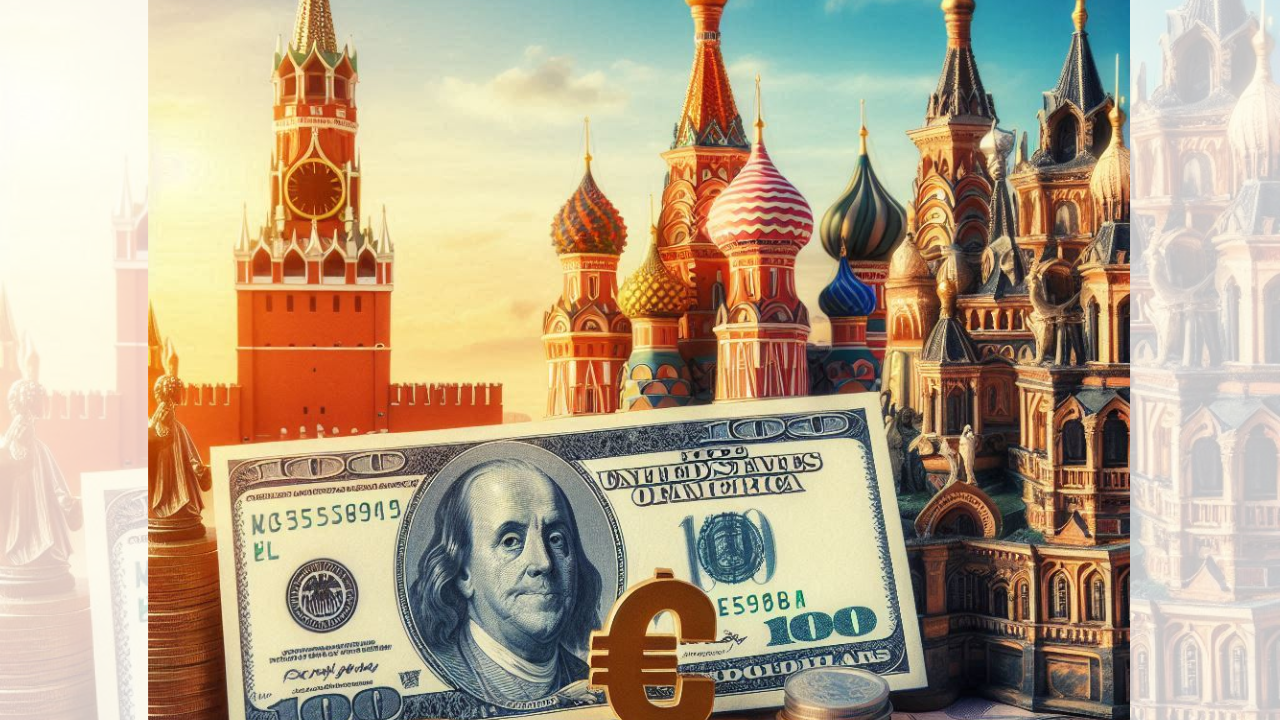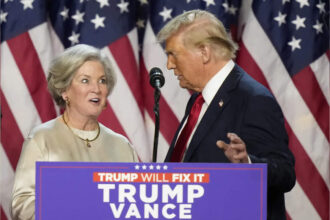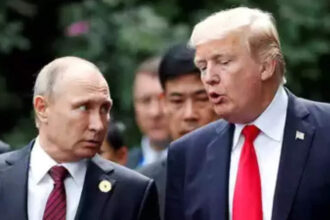Since the United States and EU prohibited the export of their banknotes to Russia in March 2022 following the invasion of Ukraine, approximately $2.3 billion in dollar and euro bills have been transported to Russia, according to customs data reviewed by Reuters.
The data, which was previously unreported, indicates that Russia has found ways to bypass sanctions blocking cash imports, and suggests that dollars and euros are still valuable for trade and travel despite Moscow’s efforts to decrease its reliance on hard currencies.
The customs data, obtained from a commercial supplier that records and compiles the information, reveals that cash was sent to Russia from countries such as the UAE and Turkey, which have not imposed restrictions on trade with Russia. More than half of the total amount did not have a specified country of origin in the records.
In December, the US government warned of penalties for financial institutions that assist Russia in circumventing sanctions and has imposed sanctions on companies from third countries throughout 2023 and 2024.
In Moscow, the Chinese yuan has surpassed the US dollar as the most traded foreign currency, although significant payment issues remain.
Dmitry Polevoy, head of investment at Astra Asset Management in Russia, explained that many Russians still desire foreign currency in cash for international travel, small imports, and domestic savings. “For individuals, the dollar is still a reliable currency,” he told Reuters.
The customs records, which cover the period from March 2022 to December 2023, showed a significant increase in cash imports just before the invasion. Between November 2021 and February 2022, $18.9 billion in dollar and euro banknotes entered Russia, compared to only $17 million in the previous four months.
Daniel Pickard, International Trade & National Security Practice Group Leader at US law firm Buchanan Ingersoll & Rooney, suggested that the pre-invasion spike in shipments indicated that some Russians wanted to protect themselves against potential sanctions.
“While the US and its allies have learned the importance of collective action in maximising economic consequences, Russia has been learning how to avoid and mitigate those same consequences,” Pickard said.
He also noted that the data likely underestimates the actual currency flows.
The data, which was previously unreported, indicates that Russia has found ways to bypass sanctions blocking cash imports, and suggests that dollars and euros are still valuable for trade and travel despite Moscow’s efforts to decrease its reliance on hard currencies.
The customs data, obtained from a commercial supplier that records and compiles the information, reveals that cash was sent to Russia from countries such as the UAE and Turkey, which have not imposed restrictions on trade with Russia. More than half of the total amount did not have a specified country of origin in the records.
In December, the US government warned of penalties for financial institutions that assist Russia in circumventing sanctions and has imposed sanctions on companies from third countries throughout 2023 and 2024.
In Moscow, the Chinese yuan has surpassed the US dollar as the most traded foreign currency, although significant payment issues remain.
Dmitry Polevoy, head of investment at Astra Asset Management in Russia, explained that many Russians still desire foreign currency in cash for international travel, small imports, and domestic savings. “For individuals, the dollar is still a reliable currency,” he told Reuters.
The customs records, which cover the period from March 2022 to December 2023, showed a significant increase in cash imports just before the invasion. Between November 2021 and February 2022, $18.9 billion in dollar and euro banknotes entered Russia, compared to only $17 million in the previous four months.
Daniel Pickard, International Trade & National Security Practice Group Leader at US law firm Buchanan Ingersoll & Rooney, suggested that the pre-invasion spike in shipments indicated that some Russians wanted to protect themselves against potential sanctions.
“While the US and its allies have learned the importance of collective action in maximising economic consequences, Russia has been learning how to avoid and mitigate those same consequences,” Pickard said.
He also noted that the data likely underestimates the actual currency flows.
Source : Times of India






